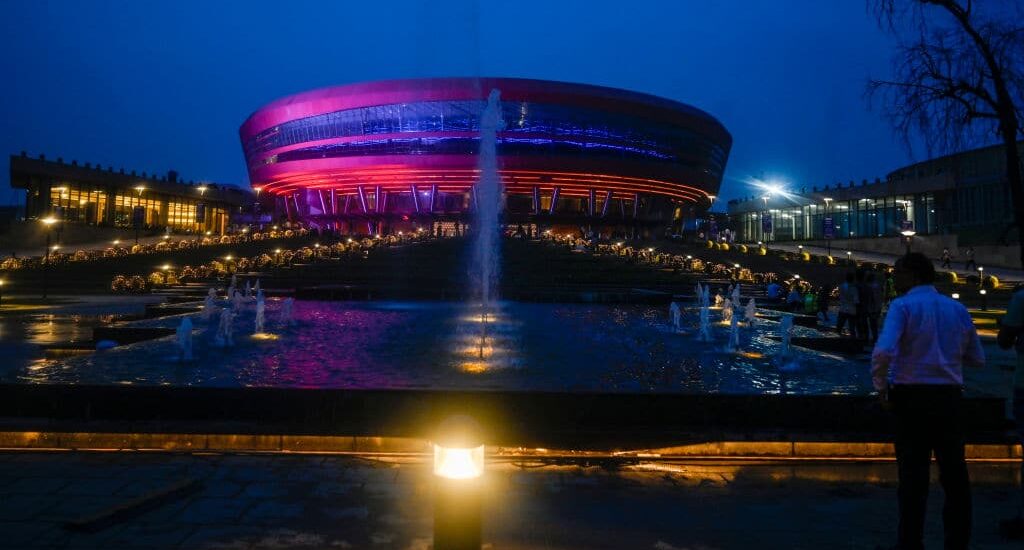‘African Union Must Be In The G20′
- September 5, 2023
- Posted by: admin
- Category: Africa

By | Gurjit Singh
The unfortunate developments relating to the Black Sea grain shipments are not good news for India and the African continent. Food prices and security are threatened and big power rivalry is ensnaring us developing countries once again.
India believes the G20 agenda should be protected from this rivalry and it has done its best, during its presidency this year, to keep the development agenda and the Sustainable Development Goals (SDGs) in focus.
The country has also challenged the G20 membership to accept the African Union (AU) as a peer. Given the Indian emphasis on heralding the voice of the Global South during the presidency, it is befitting that the largest regional organization of the Global South, the AU, should be a G20 member rather than an invitee.
This initiative is unprecedented. Since the G20 was formed, no new members have been admitted.
In January 2023, India sought a collective articulation of the Voice of Global South (VoGS) through a virtual summit.
Having Africa speak for itself is important. The continent suffered deeply from the impact of Covid-19 and the Ukraine crisis.
African countries enthusiastically participated in the VoGS summit manifesting their expectations and priorities.
President Macky Sall of Senegal, the AU chair in 2022, formally sought AU inclusion into the G20 and several AU partners like the United States (US), European Union (EU) and China enunciated support.
While it remains uncertain if Africa’s partners intend to use this as a step to include other candidates by opening the membership issue, for India, it is a leap of faith to champion the AU alone and not be held back by claims of ASEAN, Latin American institutions, and permanent invitees like Spain.
Prime Minister Narendra Modi wrote to all G20 members seeking the inclusion of the AU as a member of the G20 and would like this announced at the G20 Summit in New Delhi in September 2023. Through this direct approach, India placed the proposal on the agenda of the G20. Each G20 member now must state a clear response to this.
Some who vocally articulated support for the AU bilaterally have to abide by their commitment. Others who were quiet would need to break their silence. It’s also worth noting that this issue was also discussed in the Modi-Biden summit, and Modi included it in his address to the US Congress in June.
This is a significant recognition of Africa, by one of its oldest and steadfast partners, India, which has shown its commitment to ensure that African voices are audible in all international fora. Clear examples include the Bandung Conference in 1955 and NAM from 1961 which were Indian-supported efforts for Africa to be heard after decolonization. The ‘AU-in-G20’ initiative is a 21st century ‘Bandung moment’ for resurgent Africa.
Added to the fact that Africa and India lack a permanent presence in the United Nations (UN) Security Council and that the UN reform process is crawling slowly, stymied by China, among others, India has decisively grasped the opportunity afforded by its presidency of the G20 to enable Africa its largest opportunity for representation at an intergovernmental forum on a permanent basis.
The AU adopted a decision at its summit in February 2023 to obtain its place at the G20. Presently, the African Union Commission and the African Union New Partnership for Africa’s Development (AU-NEPAD) are invitees and South Africa is the only African member. The AU-NEPAD invitation was specially created when NEPAD was a separate entity.
One thing is certain, since 2008 when the G20 transitioned to a summit, Africa has changed remarkably and it needs the platform to be able to speak for itself.
